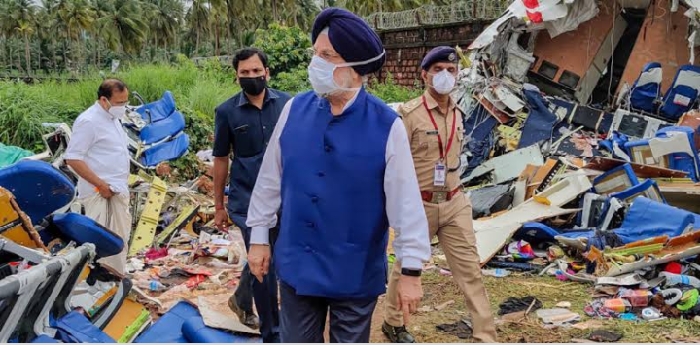New Delhi, Jan 15: A Delhi court on Wednesday granted bail to Bhim Army chief Chandrashekhar Azad in connection with the Daryaganj violence case.
The court has ordered him not to hold any protest in Delhi till February 16th.
While hearing the case, the Judge had asked Azad's counsel to read out some of his social media posts.
Advocate Mehmood Pracha, representing Azad, had on Tuesday said that the petitioner was sent to jail without any evidence in connection with anti-CAA protests in Delhi's Darya Ganj area last year.
"I think the court's comments should become a precedent for the country. The Public Prosecutor at the behest of police tried to make this a communal issue. We told the court that the government has a problem with Azad because he made the CAA-NPR-NRC an issue for everyone.
The Court also sought evidence," Pracha told ANI after Delhi's Tis Hazari court deferred the bail plea of Azad till today.
On Wednesday, the court pulled up the Delhi Police for failing to show any evidence against Azad.
Azad was arrested on December 21 last year after he led a march from Jama Masjid against the Citizenship (Amendment) Act. He was sent to judicial custody till January 18 at Tihar jail.
The Bhim Army chief was charged with rioting, unlawful assembly and inciting the mob to indulge in violence after vandalism in Delhi's Daryaganj area.







Comments
Add new comment